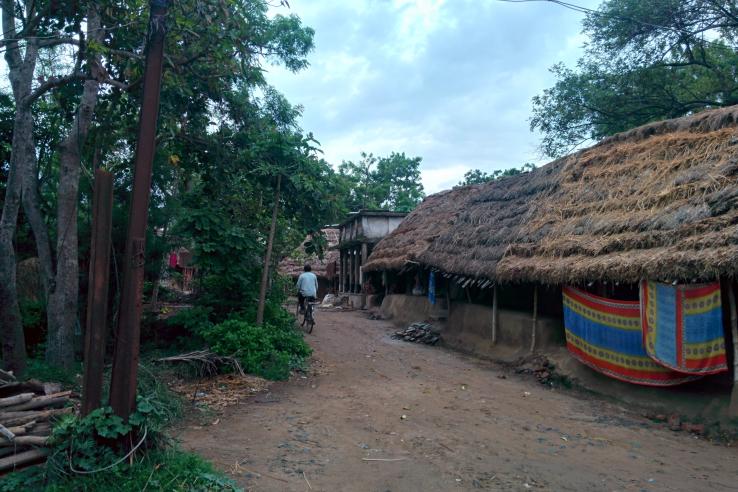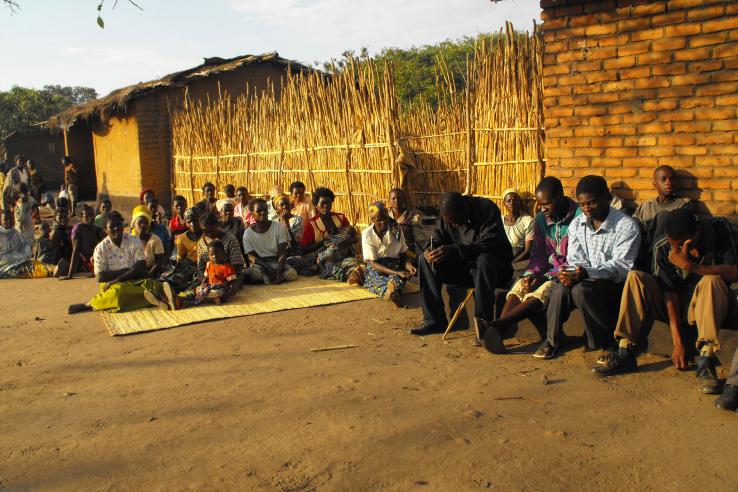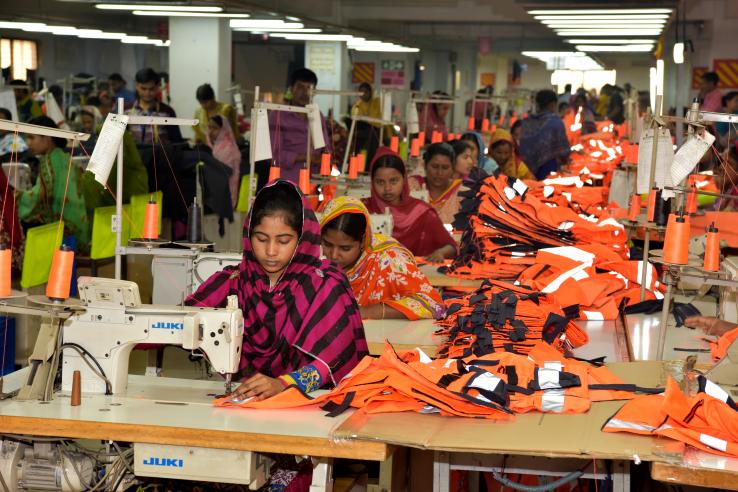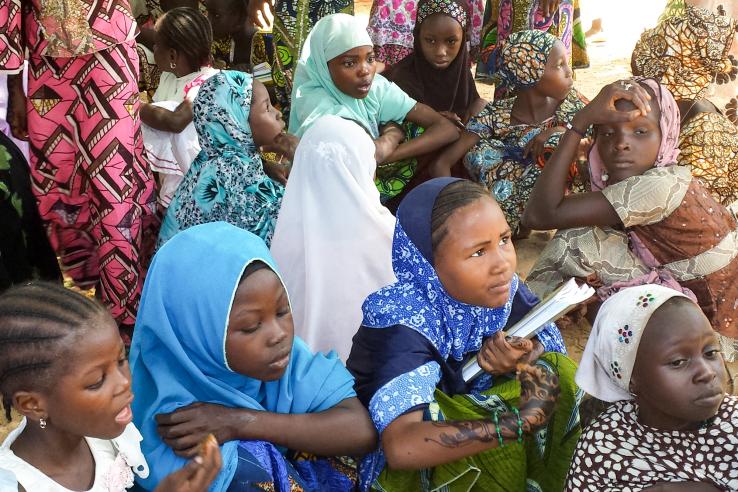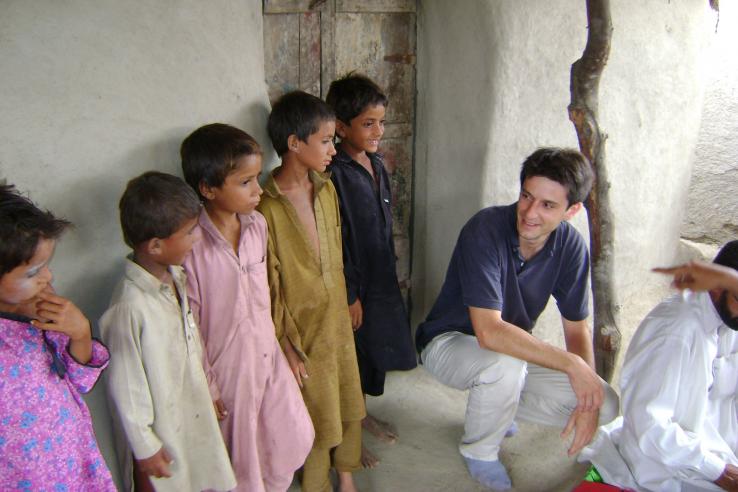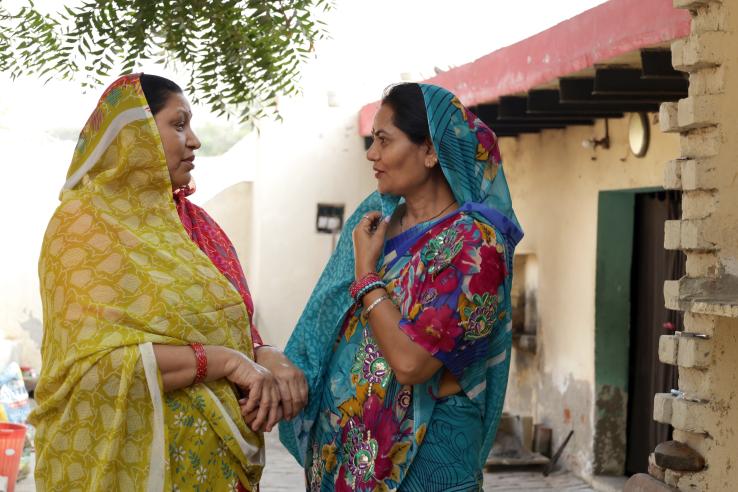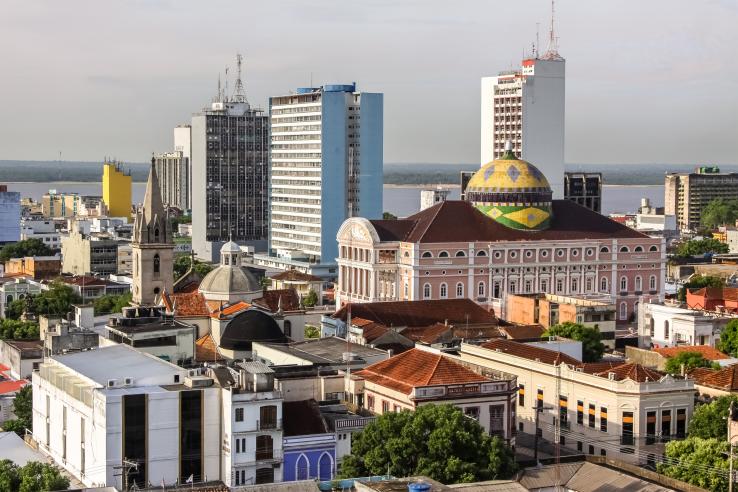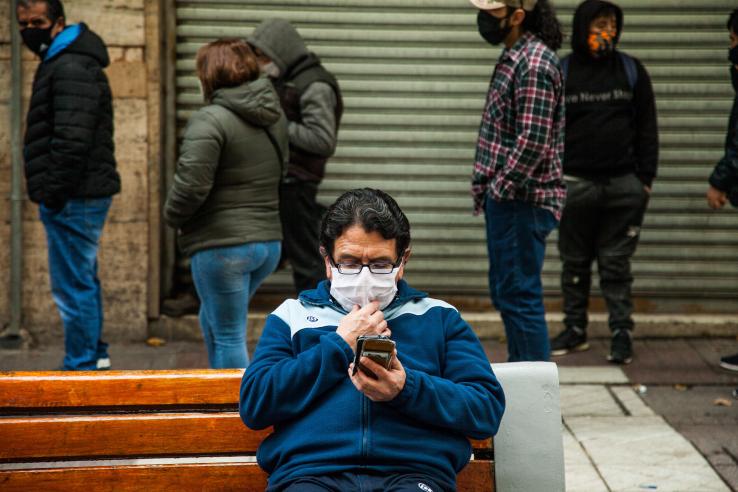Displaying 4456 - 4470 of 8489
Evaluation
In India, researchers leveraged a randomized evaluation of the distribution of a new seed variety to assess how the new seed spread within communities and social groups. They found that local social structures, such as the jati-caste system, influenced the extent of seed adoption. In particular, sharing of seeds between farmers within a village occurred more rapidly and extensively in villages with a relatively more homogenous social structure.
Evaluation
Researchers conducted a randomized evaluation to test the impact of leveraging social networks to disseminate information about two technologies, pit planting and “Chinese composting,” on farmers’ adoption of these methods. Providing performance-based incentives to peer farmers had the biggest effect on technology adoption.
Evaluation
Most eligible workers who receive the Earned Income Tax Credit (EITC), a cash transfer program geared toward low-income workers with dependents, receive the credit as an annual lump sum payment, even though they are eligible to receive the credit in the form of monthly disbursements throughout the year (referred to as the Advance EITC). To test whether or not workers might benefit from receiving the EITC in the form of monthly payments rather than a lump sum, researchers reduced potential enrollment barriers to encourage workers to participate in the Advance EITC.
Evaluation
Researchers assessed the impact of financial incentives and peer endorsement on mobile banking adoption and formal savings in Ghana. While financial incentives boosted adoption by 50 percent, peer endorsement was twice as effective, leading to sustained mobile banking use and a 30 percent increase in savings six months later.
Evaluation
Researchers partnered with the German Federal Employment Agency to evaluate the impact of these contracts on job search behavior and employment outcomes. The contracts accelerated job finding when introduced early in the unemployment spell rather than later, but were only effective among less employable job seekers.
Evaluation
Researchers added school-quality information onto housing listings on the AffordableHousing.com (formerly GoSection8) website, the largest provider of housing listings for HCV recipients, to evaluate the impact on families search for housing and their residential locations. The researchers found that access to information changed where families chose to move, with families moving to neighborhoods with higher-rated, more racially-diverse schools.
Evaluation
Researchers evaluated the role of reciprocity in increasing voter turnout through voter mobilization calls by varying whether an initial phone call included a plausible sign of good will by the campaign—an offer to follow up reminding them to vote.
Evaluation
Researchers conducted a randomized evaluation to investigate the demand for commitment savings products or financial counseling, and the impacts these products and services have on savings, among a sample of low- and moderate-income credit union members in New York City.
Evaluation
Researchers randomly assigned employees at garment factories in Bangladesh to either continue collecting their wages in cash, receive direct deposit wage payments into a payroll account, or receive an account but continued to receive wage payments in cash. Exposure to payroll accounts led to increased account use, consumer learning, savings, and trust in mobile banking.
Evaluation
Researchers are partnering with the Government of Niger to evaluate the impact of empowerment clubs providing adolescents girls with life skills trainings; gender norms clubs designed to change gender-related norms among young men; or both clubs implemented in the same villages on gender norms and women’s empowerment outcomes.
Evaluation
Researchers conducted a randomized evaluation to measure the impact of publicly-funded private primary schools on student enrollment in rural Pakistan. The private school program significantly increased school enrollment, but did not reduce gender disparities among students.
Evaluation
Researchers conducted two randomized evaluations in India in which they identified effective individuals for information sharing ("gossips") through word-of-mouth. They found that information was disseminated more widely when shared by individuals nominated by others in their community, rather than village elders or randomly-selected individuals.
Evaluation
Researchers are conducting an evaluation that randomized the provision of information in a survey to improve the likelihood that citizens paid their municipal property taxes and understood the role that unequal tax burdens played in determining the likelihood of people paying their full tax burden in Manaus, Brazil.
Evaluation
Researchers are conducting a randomized evaluation to test the impact of Chile’s economic stimulus package on the profits and survival of SMEs.
Evaluation
Researchers are evaluating the effectiveness of an interactive WhatsApp-based couples communication, financial education, and COVID-19 information program in promoting low-income households' financial resiliency and reducing IPV rates in Colombia. Research is ongoing; results forthcoming.
